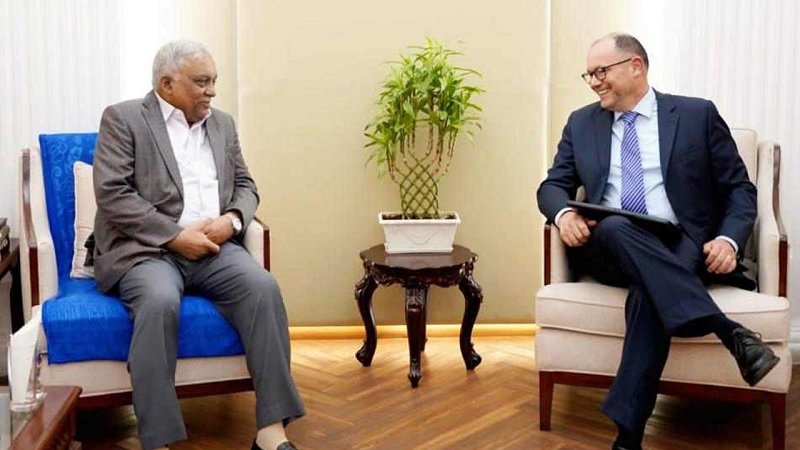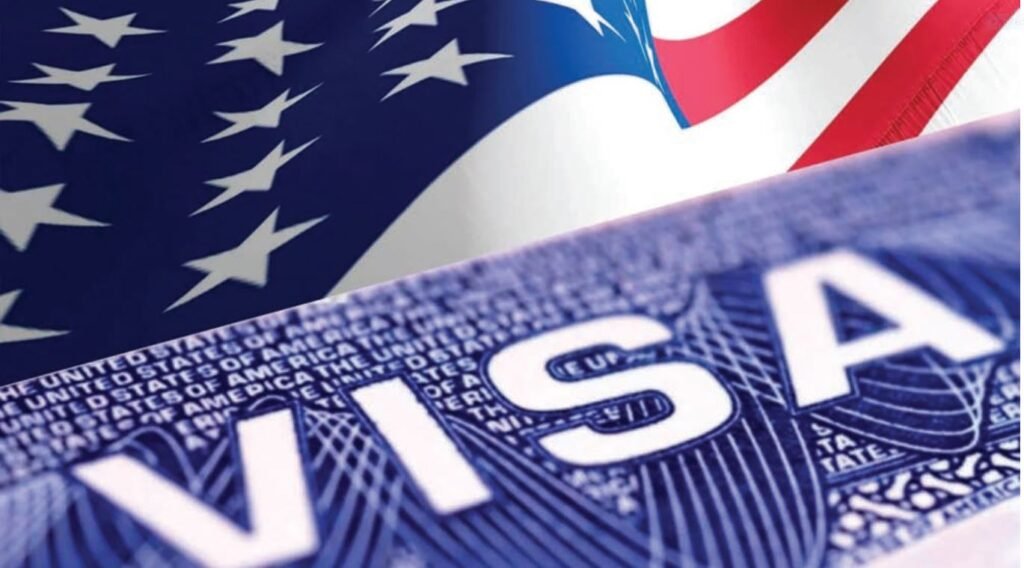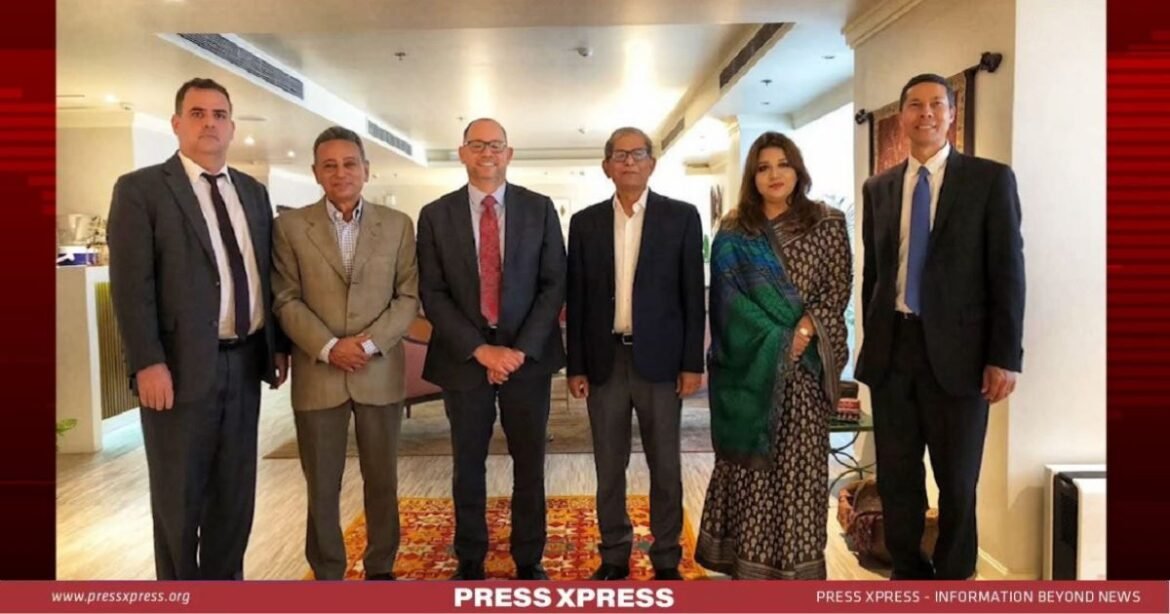According to Vienna Convention, “the diplomats have no right or power to be directly or indirectly involved in the politics of the host country or to speak or take a stand for or against any particular political party, or to inspire any of them.”
Bangladesh Nationalist Party (BNP) has now apparently lean on its ‘foreign master’ USA, seeking support as the party failed to unseat the government with its ongoing movements. The United States ambassador to Bangladesh, Peter Haas, and some other foreign diplomats attended a dinner with a group of leaders of BNP on October 26 night, two days before BNP’s grand rally at capital’s NayaPaltan area.
You can also read: BNP-Jamaat’s Hartal Threatens to Derail Bangladesh’s Progress
Gayeshwar Chandra Roy, a member of the party’s standing committee, Vice Chairman Advocate Zainal Abedin, Barkatullah Bulu, Abdul Awal Mintu, International Affairs Committee member Tabith Awal, Executive Committee member Barrister Mir Helal, were also attended the dinner among other BNP supporters.
The next day on October 27, International Affairs Secretary of Jamaat-e-Islami Dr Syed Abdullah Mohammad Taher met the US Embassy’s first Political Secretary Matthew Bey ahead of the Saturday’s grand rally of the opposition BNP.
The issue came to the fore on Friday and drew media curiosity as Jamaat, a political ally of BNP, insisted that it would hold a separate rally on Saturday at Shapla Chattar. When asked, the US embassy, however, did not make specific comments on the meeting.
US embassy’s questionable role
Earlier on Octobre 22, Ambassador Peter Haas met Home Minister Asaduzzaman Khan at the latter’s office in the Secretariat. After the meeting, the home minister said the ambassador discussed the rally issue and asked whether the government would close the roads for the rally. The minister also asked the journalists whether the ambassador was right in asking such a question.
The embassy, however, refuted the claim and said the subject of road closures did not come up during the meeting. Ambassador Haas had “expressed the importance of peaceful demonstrations and interference-free participation in the political process,” a spokesperson for the embassy said in a statement later.

These series of proactive activities by a foreign ambassador raise eyebrows of many that why US ambassador was so active before opposition party’s key rally? How can a foreign diplomat ask a country’s home minister about closing roads? this is purely internal matter and no way linked to USA’s national interest.
These suspicious activities by ambassador Peter Haas worried concern Bangladeshi citizens but cheered Bangladesh Nationalist Party (BNP) as many of the party’s leaders praise US’s meddling in our country’s internal matter.
BNP’s Secretary General Mirza Fakhrul Islam Alamgir openly said on October 15 that the commitment of the Western countries towards democracy in the country has encouraged the party’s activists to carry out the ongoing one-point movement.
“We are not alone” Fakhrul said. BNP vice-chairman and former lawmaker Shahjahan Omar goes extra extend by terming the US Ambassador Peter D. Haas as the ‘God’, urging the ambassador to save the party. “Mr Peter D. Haas may be come (to us) as a god. O father, save us. We are with you.” He added.
Though ruling Awami League policymakers said foreign power can’t determine politics in Bangladesh, leaders of BNP are daydreaming of grabbing power riding a merry-go-round.
Weaponizing USA’s VISA
The United States (US) has imposed visa restriction to individuals, from law enforcers to political leaders, believed to be responsible for, or complicit in, undermining the democratic election process in Bangladesh.
The new US visa policy for Bangladesh has been introduced when the US treasury department, the lead US department for sanctions, is reviewing the effectiveness of sanctions, visa restrictions, et cetera to achieve US foreign policy and strategic goals. The policy for Bangladesh is, however, strikingly different from the US sanctions imposed in recent times that are under review. The sanctions imposed on Nigeria, Uganda and Cambodia for instance were partial. The restrictions on Venezuela and Mexico were a carrot-and-stick policy.
Washington’s new visa policy for Bangladesh is targeted and comprehensive. Washington announced the policy seven months before Bangladesh’s next general election to avoid the mistake it made in other countries where the sanctions came after those it targeted had already returned to power. Another unique feature of the new policy that underlined Washington’s determination to make it effective is that it named groups that would come under the radar in the new policy.
The new policy has also brought into its purview members of the families of these groups. This is extremely unusual because it makes children pay for the role of their parents. It is, nevertheless, deliberate. The policy’s framers were no doubt aware that US visa has special significance for Bangladesh unlike Cambodia, Nigeria or Venezuela for reasons well known in the country, particularly in the sections that matter.

That the prime target of the US’s new visa policy is the ruling Awami League is palpably obvious. Washington handed the policy to the Bangladesh government three weeks in advance to prepare its response. The prime minister appears to be the only one who acknowledged its seriousness.
The Bangladesh Nationalist Party has, meanwhile, welcomed the new US visa policy for obvious reasons. The party’s secretary general, nevertheless, iterated that it would participate in the next general election only under the neutral non-party government. The battle lines have, thus, been drawn. The US-led west and the United Nations are supporting the objectives for which the Bangladesh Nationalist Party has organised the people who cannot take the toxic mix of political deprivation and dire economic helplessness due to the effects of the Ukraine war any more.
Statement Diplomacy
US, in particular, has seen so active in delivering statement before and after any political situation unfolds. Shortly after BNP’s rally end on Saturday (October 28), the United States has said they will review all violent incidents that took place during today’s political programmes in Dhaka for potential visa restrictions. Before the rally, The United States has said they are “closely monitoring” developments in Bangladesh leading up to the elections.
“It’s important for free and fair elections that all stakeholders are able to participate peacefully,” US Department of State Spokesperson Mathew Miller, told reporters during a regular briefing in Washington on 23 October.
“And we will continue to call on all stakeholders to respect the rule of law and to refrain from violence, harassment, and intimidation,” said the State Department spokesperson. Earlier on October 22, US Ambassador to Bangladesh Peter Haas referred to the importance of “peaceful demonstrations” and “interference-free” participation in the political process during his meeting with Home Minister Asaduzzaman Khan at the Secretariat.
The proactive activism and immediate statements remind us of BNP’s another much-hyped failed rally—December 10, last year. On December 6, The US State Department Spokesperson Ned Price has voiced concern about reports of alleged police harassment, arrests of opposition party members, and restrictions on the ability to hold rallies in Bangladesh.
“We’re concerned about reports of intimidation and political violence in Bangladesh. We call on the government to respect and to protect the fundamental freedoms of expression, association, and peaceful assembly.” Ned Price said at a briefing in Washington.
On the same day, fifteen foreign missions in Bangladesh, including those of the USA, the UK, the EU and Japan, reaffirmed the importance of adhering commitment to peaceful assembly and free, fair, inclusive, electoral processes in the spirit of the Universal Declaration of Human Rights.
In last month, Peter Haas attracted attention after saying that media in Bangladesh may also come under the purview of US visa policy though US State Department Spokesperson Matthew Miller repeatedly refrained from mentioning visa restrictions on Bangladeshi media.
These are not only incidents, US ambassador to Bangladesh almost regularly has been publishing statements demanding what he called ‘free and fair election’ though the current government vowed to do so.
One might wonder, these statements delivery is clearly intended to favor a particular political party and to pressurize the government, which clearly breached diplomatic lines that should not be violated in a sovereign country.
What is internationally acclaimed diplomatic norms?
The ‘Vienna Convention on Diplomatic Relations’ was formulated at a conference in Vienna in 1961. All the countries that have ‘ratified’ the Convention including Bangladesh have enacted the necessary laws to make the provisions of the Convention enforceable in their respective countries.
Article III of the Convention recognizes 5 functions of embassies. These are- (a) Representing one’s country in the host country, (b) Acting within the boundaries of international law to protect the interests of the country and its citizens in the host country, (c) Negotiating with the government of the host country, (d) Within the ambit of law. From reviewing the status and development of the host country and reporting it to the home country, (e) trying to develop friendly relations with the host country. Which will include economic, cultural and scientific issues.
It is very strongly established in conventional international law that no ambassador meddles in the internal political affairs of the host country. They have the right to observe the events of the host country to transmit them to their own government. But of course, they have no right or power to be directly or indirectly involved in the politics of the host country or to speak or take a stand for or against any particular political party, or to inspire any of them.
Any ambassador or embassy doing this would be a clear breach of diplomatic dignity. It is unquestionable that a diplomat is doing this on his own initiative and not at the behest of his country’s government, and no state will tolerate such abuse of privileges and dignity by a foreign envoy and may even declare the envoy undesirable in extreme cases (persona non grata).
In light with this internationally acclaimed diplomatic norm, one might say that US Ambassador to Bangladesh Peter Haas clearly violating the diplomatic lines.


